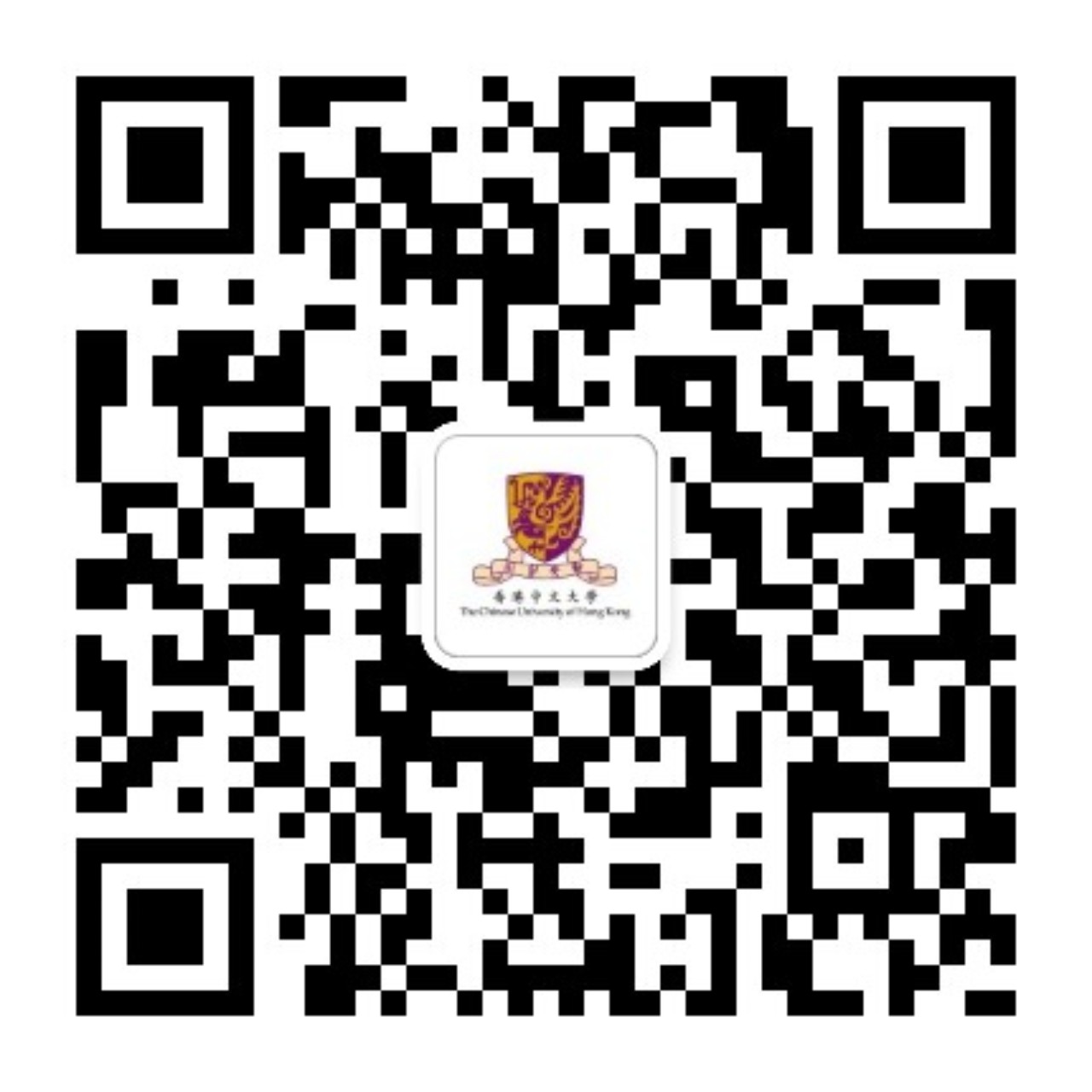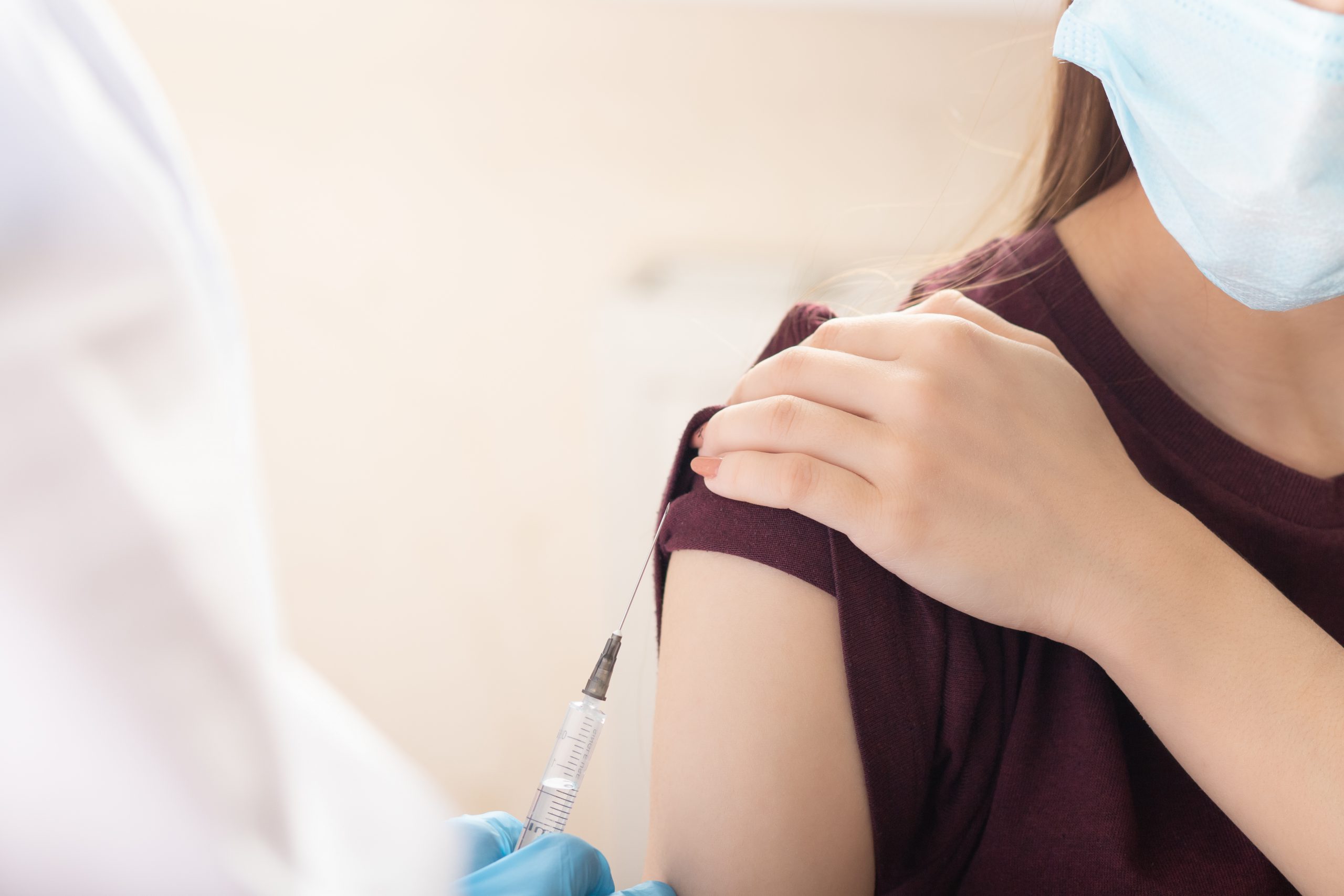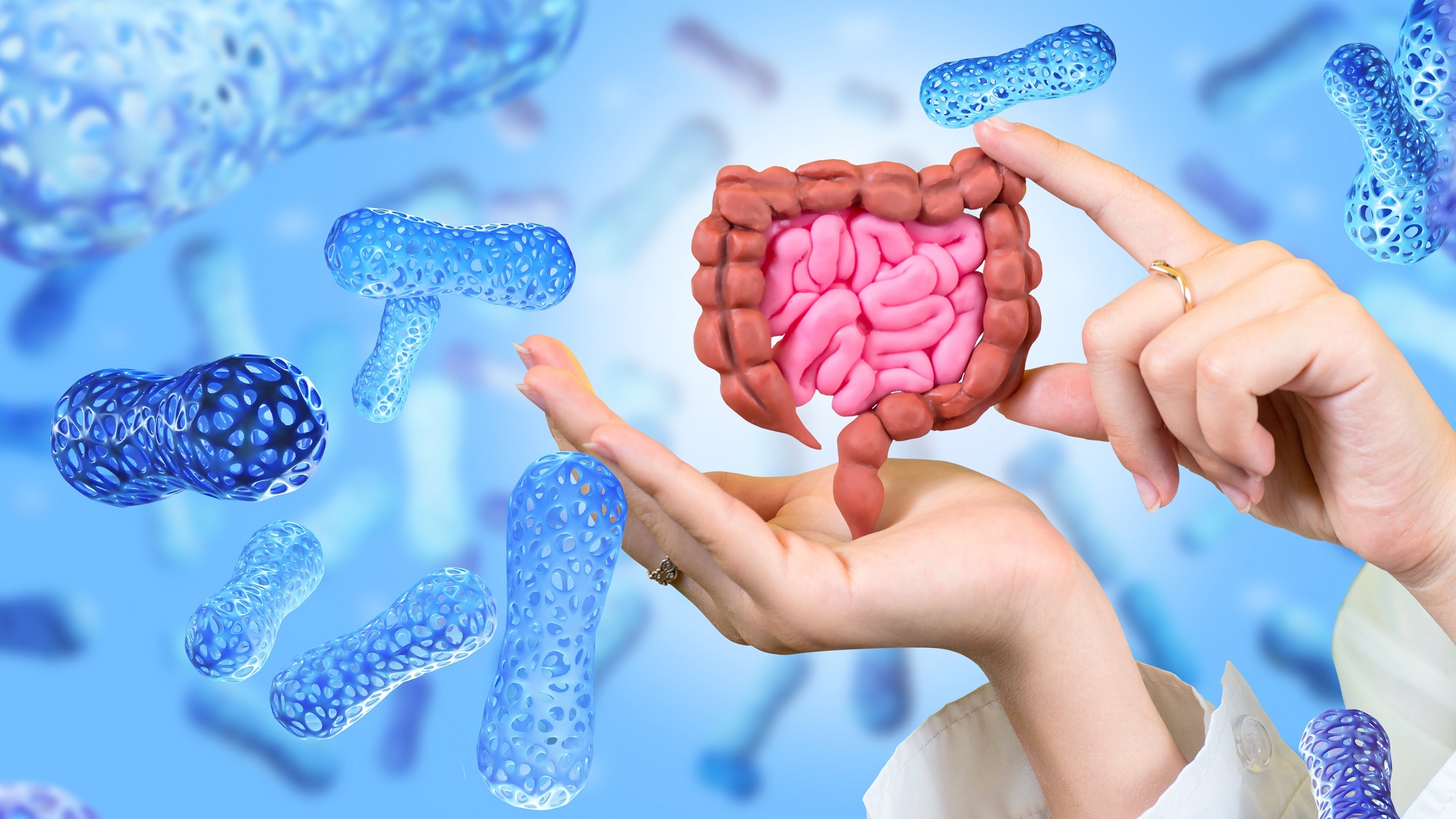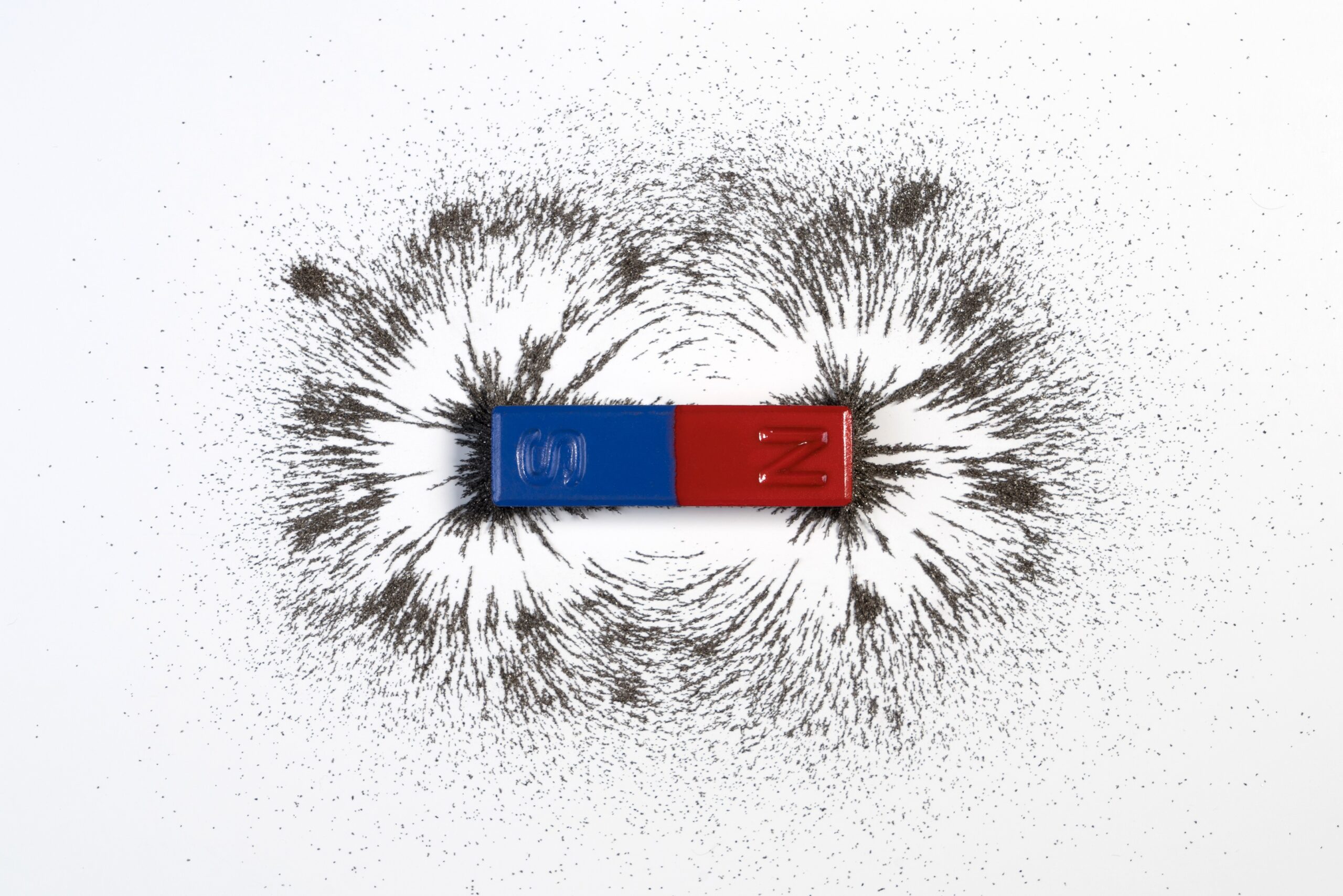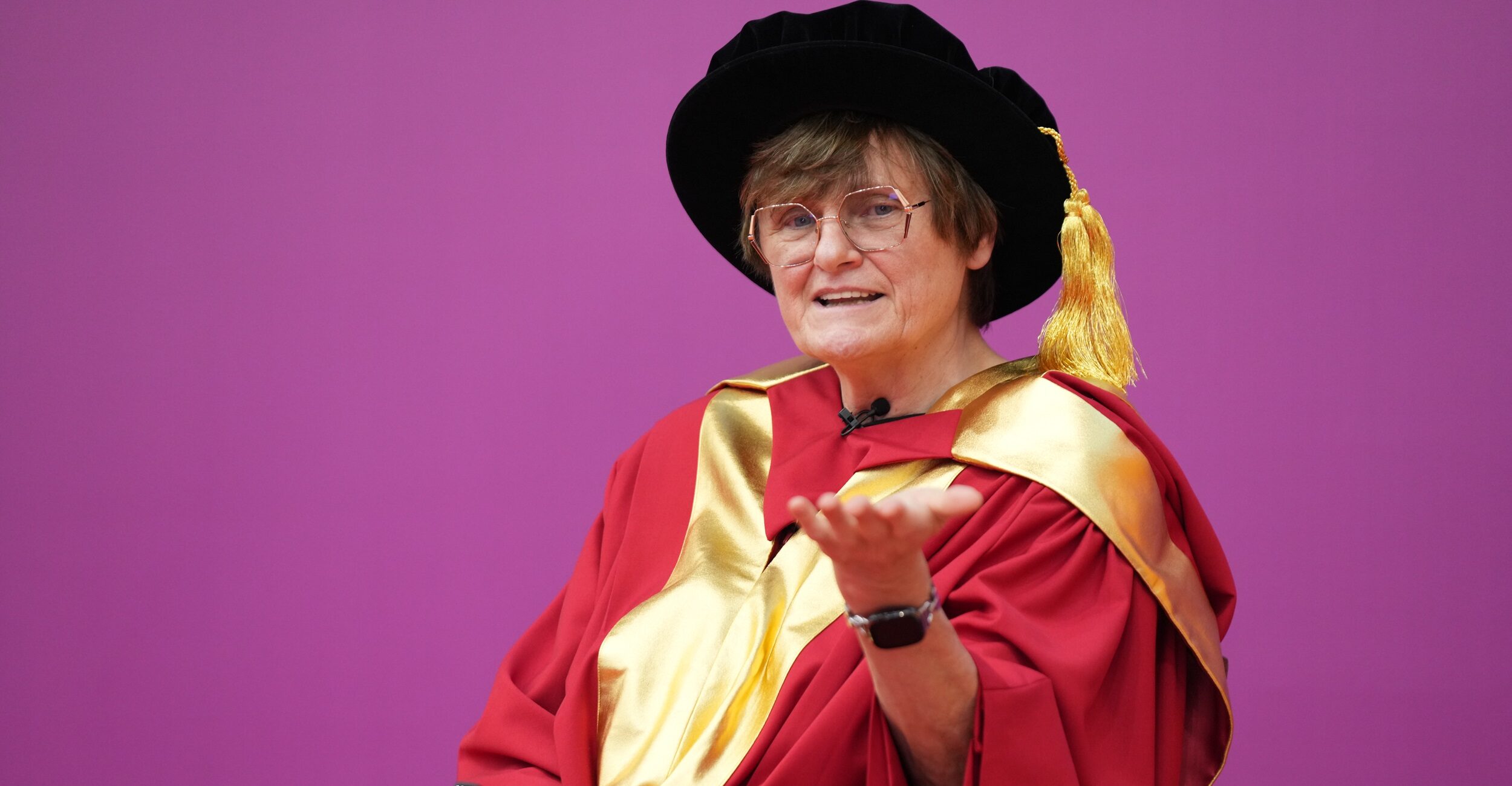With the coronavirus ravaging the economy and our neighbourbood for so long, universities all over the world have not slackened in adopting timely infection preventive measures. All are longing to restore life to how it used to be before the pandemic. So too does The Chinese University of Hong Kong (CUHK) which spares no efforts in promoting a climate of safety and in maintaining good infection control measures on campus in face of the ever-changing pandemic. The University has rolled out robust measures to ensure the gradual resumption of normal life on campus when the new term comes.
It is more than just a jab to achieve herd immunity
The emergence of COVID-19 vaccines has been proven, by numerous studies, to be a sound relief and the most effective method of confronting the pandemic. It has become widespread in many countries to attain herd immunity and possibly put an end to the pandemic. CUHK is taking the lead and has been in the forefront amongst local universities in encouraging University members to get vaccinated. In the new academic year, student residents living on campus must either get a COVID-19 vaccination or take a test for the virus every two weeks. Up to 2 days’ authorised “vaccine holiday” will be offered to all staff members who have received vaccination before 31 August 2021. This is to ensure the CUHK community is well-protected.
To further safeguard public health and give high accessibility to every CUHK member, the University will arrange outreach COVID-19 vaccination services on campus in July to carry out injection for students and staff on four designated days. The team will come with the two types of available vaccines (BioNTech, Sinovac) and those enrolled in the programme can freely make their choice. CUHK Medical Centre will be providing vaccination services to the community as well.
To get well-informed and vigilant
Anxiety and panic are understandable sentiments in times of pandemic. CUHK is aware of the need to put together a full and clear set of the latest control measures, references and resources necessary to clear the air of any confusion and hesitancy. The University published a series of 6 posts with experts sharing their professional views on COVID-19 vaccination such as choosing a vaccine, suggestions for diabetes and cancer patients. More related information can be viewed at CUHK website.
In addition, CUHK has set up an online platform “Act Together Against COVID-19” to keep all CUHK staff, students, alumni, concerned parties, and the public updated on the recent infection control responses, information and relevant research and innovation.
CUHK COVID-19 research from all fronts to battle against the global threat
CUHK researchers have lately been in the forefront of proposing solutions to unanticipated consequences of the COVID-19 outbreak. One research finding showed that toddlers are likely SARS-CoV2 silent spreaders, carrying no symptoms but a high viral load and with a longer incubation period. Another team jointly with the Faculty of Engineering developed an AI system for rapid and accurate detection of COVID-19 infections in chest computed tomography (CT) images. An international team led by CUHK and HKU researchers has re-enlisted simeprevir as a potent treatment to suppress the replication of SARS-CoV-2. Very recently, a faculty team has estimated that close to 20,000 people in Hong Kong are infected with the virus but unidentified, while a new survey showed that only 1 in 4 unvaccinated people are prepared to receive the jabs in the coming six months. The researchers suggested that vaccine hesitancy is a global public health problem, and more comprehensive information oriented towards different sectors of the population on vaccine effectiveness and adverse effects should be provided to clear their hesitancy.
It is more important than ever that we look after ourselves as well as the health and well-being of our counterparts in present conditions. The University will continue working jointly and closely with all stakeholders, and do its best to put forward any possible preventive measures to safeguard health and make the CUHK community a safe one.

